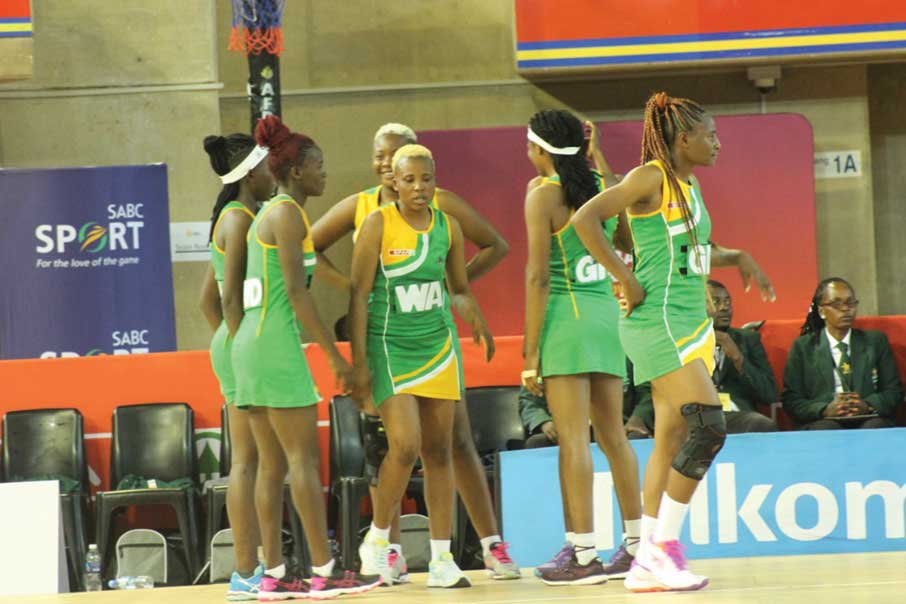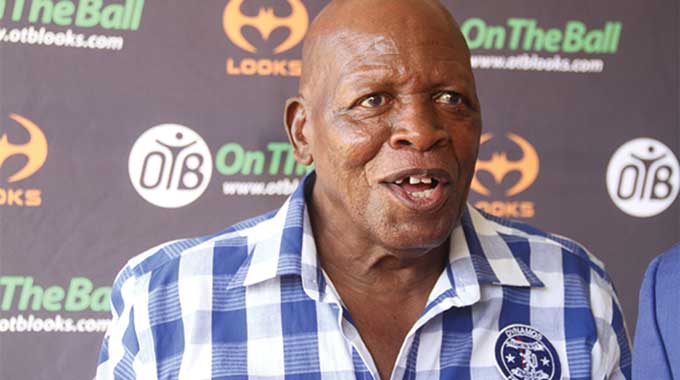
BY TIM MIDDLETON
THERE are good sports commentators and there are bad sports commentators. By “bad”, we mean those who say the obvious or indeed opposite of what is meant. One athletics commentator stated that, “There’s going to be a real ding-dong when the bell goes” while another said: “There is Brendan Foster, by himself, with 20 000 people”.
The same commentator also announced that, “Here’s Moses Kiptanui — the 19-year-old Kenyan, who turned 20 a few weeks ago”. A soccer commentator famously said that, “For those of you watching in Black and White, Spurs are in the all-yellow strip” while another declared that the one team “have won 66 games, and they’ve scored in all of them.”
There are, however, thankfully, good commentators! Cricket commentators may have more time to think about what they are going to say, given that the play may be seen as moving slightly more slowly, but they still produce some memorable comments. John Arlott was a well-known English commentator who expressively noted that “The batsman’s technique was like an old lady poking her umbrella at a wasp’s nest” while on another occasion he announced that “It is rather suitable for umpires to dress like dentists, since one of their tasks is to draw stumps.” He also wonderfully said that one batsman “Played a cut so late as to be positively posthumous”. In turn, one Australian commentator tongue-in-cheek was heard to say of an English batter: “Well, Andrew Strauss is certainly an optimist — he’s come out wearing sunblock”.
It is fair to say that Zimbabwe has also produced some quality sporting commentators. Pommie Mbangwa is now a household name and a hugely popular contributor to international cricket commentaries, having played 15 Test Matches and 29 One Day Internationals for Zimbabwe between 1996 and 2002. He speaks with authority, understanding, interest and insight, focusing the attention on the players and not on himself (unlike many former players of different sports who become commentators or pundits). Then there is the remarkable Dean Du Plessis, who has never played international cricket —indeed he has never played any cricket as he has been blind from birth yet he is able to describe and summarise with great clarity, passion, knowledge, accuracy and humility all that happens on the field of play. These commentators inform and entertain.
It is especially interesting to discover that Dean Du Plessis is remembered by a number of international players as being a young schoolboy who phoned them from a phone box to quiz them about all aspects of the game, using up his limited pocket money to do so. And there perhaps lies a wonderful challenge for our youngsters today, sighted or otherwise, in particular those who wish to do well in their playing career. Coaches would do well to have the youngsters in their care commentate on games, as this would show how much understanding of the game the youngster has, how well he can read the game, how well he sees what is happening and how much he can anticipate what will happen. It may only be when the youngster hears words coming out of his mouth that he fully understands and appreciates what is happening on the field. It will pay the player and the coach well to give youngsters such an opportunity to commentate.
There are many careers in sport for those who may never make the grade in playing. People often speak about such careers as physiotherapists, psychologists and analysts but we should not forget the wonderful opportunities for youngsters to continue with their love of sport through commentating on, and writing about, the game they love. Can the fast bowler become a fast talker? Can the spin bowler bamboozle with his words as well? They may even do better. Many great players become commentators so maybe commentators can become great players.
Pommie Mbangwa is quoted as saying, when he stopped playing and took up commentating, that, “The buzz of competing was replaced by the adventure of live commentary”, all of which helps the retired player. Many coaches are seen to talk a good game, to outwit their opponents and to up build their own players with their words but they would do well too to help their players improve their own game by allowing them to talk about the game as much as play it. After all, as Arrigo Sacchi, the successful coach of Italy, once said in defending his own meagre playing record, “You don’t have to have been a horse to be a jockey”. And you have heard it here straight from the horse’s mouth!
- Chamisa under fire over US$120K donation
- Mavhunga puts DeMbare into Chibuku quarterfinals
- Pension funds bet on Cabora Bassa oilfields
- Councils defy govt fire tender directive
Keep Reading
- Tim Middleton is a former international hockey player and headmaster, currently serving as the Executive Director of the Association of Trust Schools Email: [email protected]










